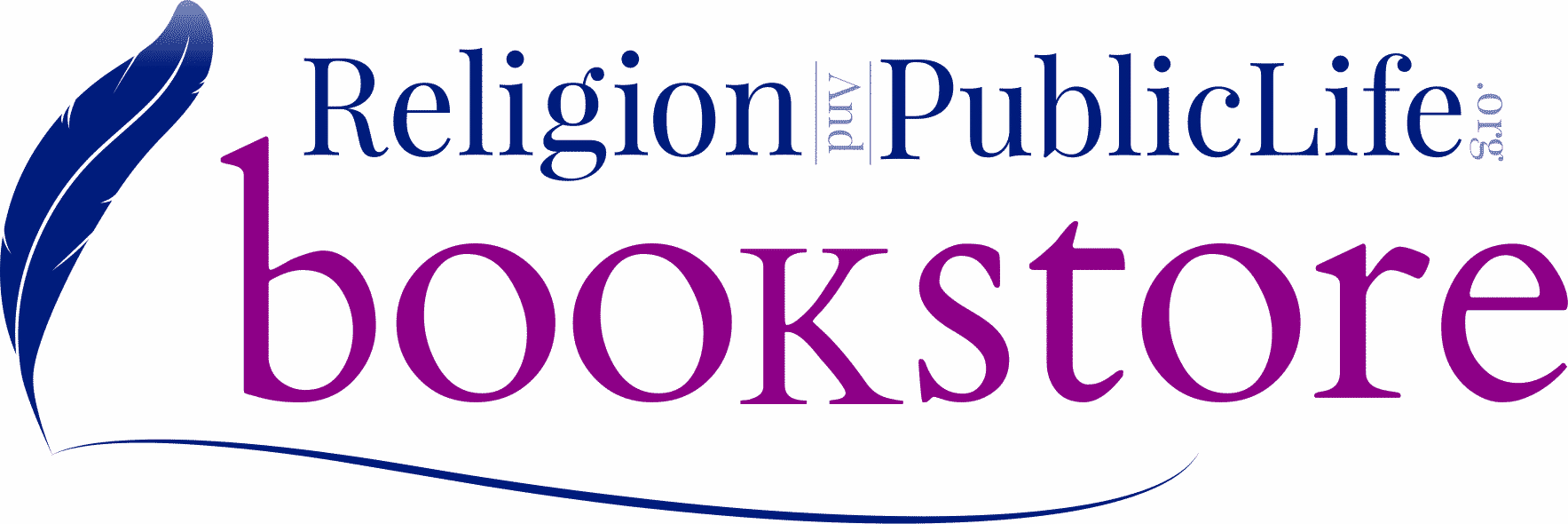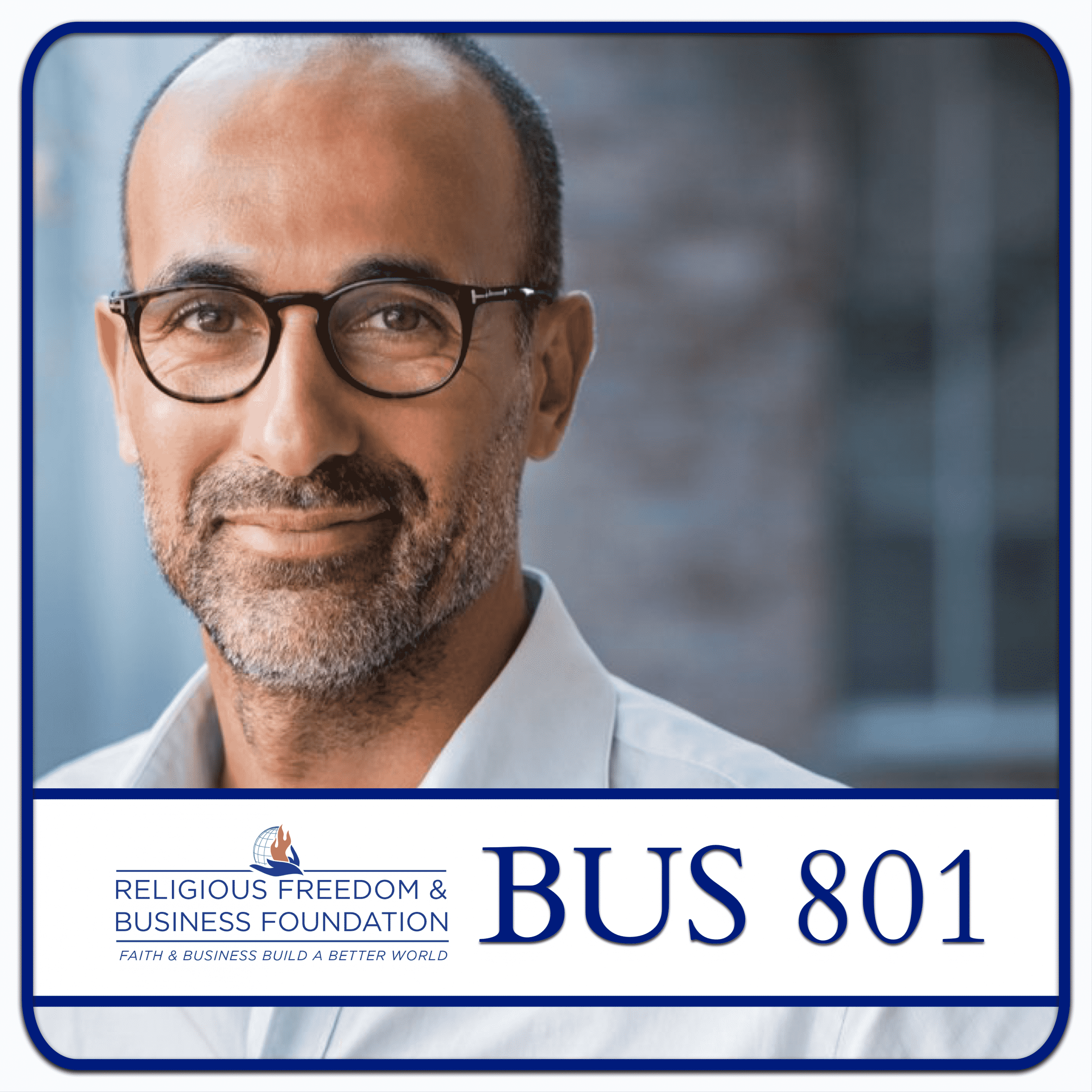What will we learn?
Certificate Students: The certificate program issued by the Centre for Civic Civic Religious Literacy is divided into five courses.
▸ In RLIT 101
▸ In RLIT 102
▸ In RLIT 103
▸ In RLIT 104.
▸ In RLIT 105.
Students Seeking Academic Credit: After completing the graded assignments in the previous five courses, students will enroll in RLIT 106. Students will design and implement a community-based project, applying what they have learned from the course collection. Speak to your advisor about which accredited colleges and universities will offer you credit for completing the RLIT 100-level course collection.
How will we learn together?
ReligionAndPublicLife.org is a social learning community. Adult learners apply the WISE CAP method developed by 1791 Delegates. Students begin by Watching compelling videos, Interacting with retention games, Studying scholarly sources, and Engaging their fellow students and community. Those enrolled for college credit earn their CAP by Composing essays, Amending their written work based on faculty feedback, and verbally Presenting their insights to their classmates and community. The WISE CAP and Capstone exercises use the gamification of online learning to enhance the intellectual and professional development of adults of all ages.





